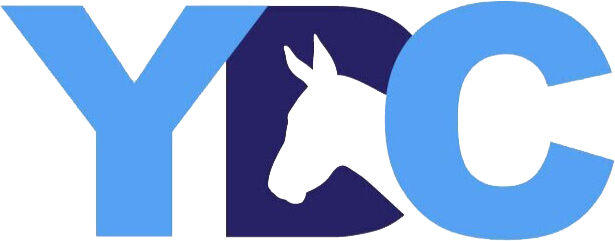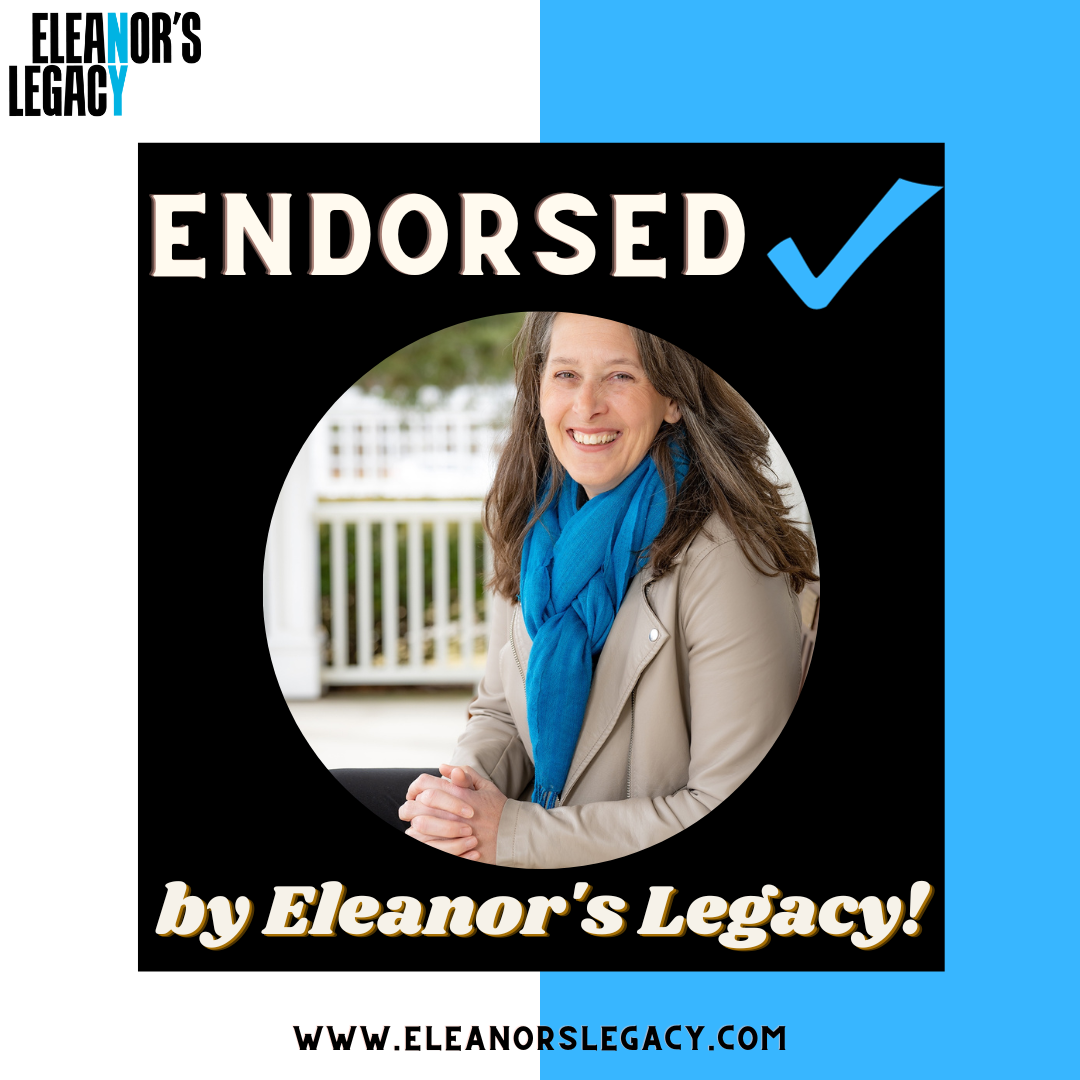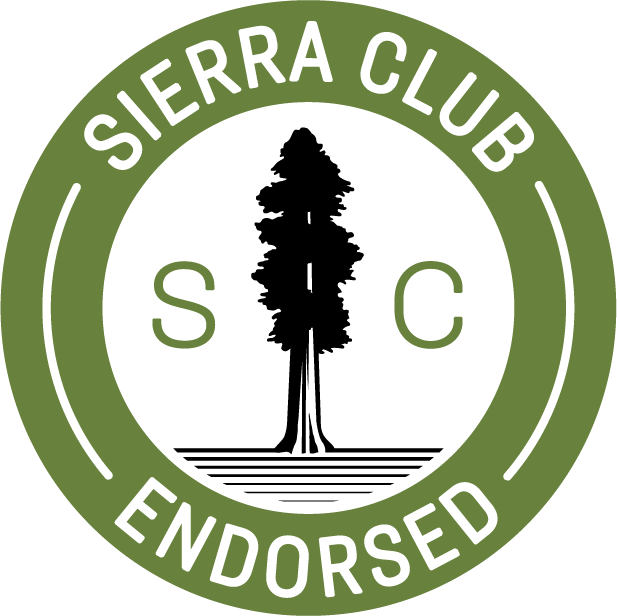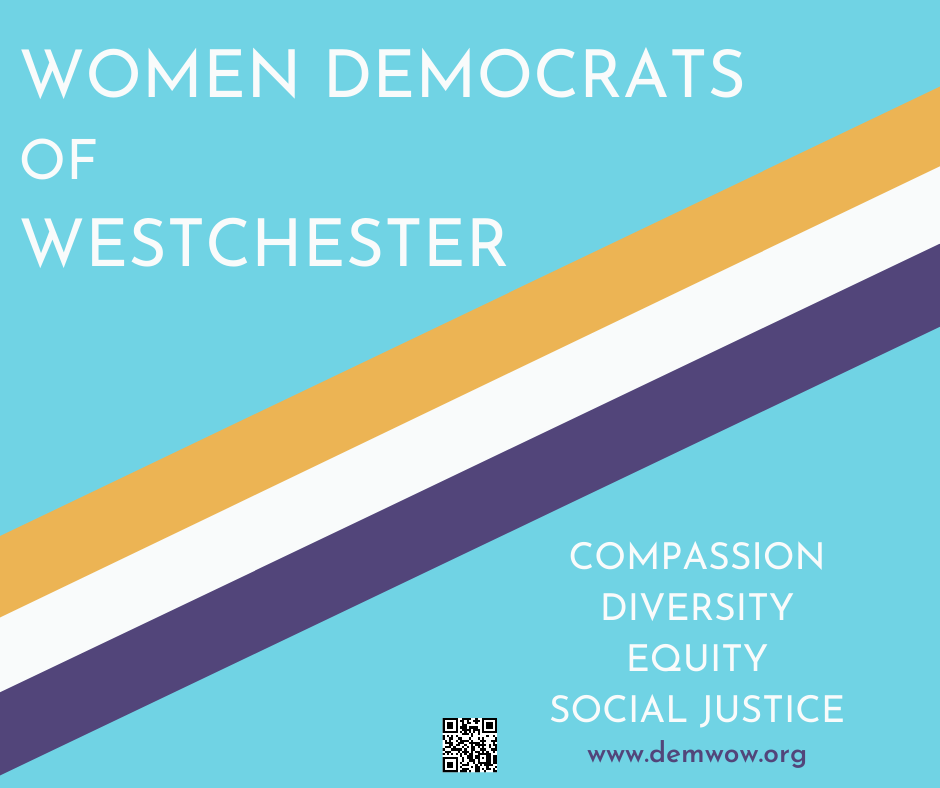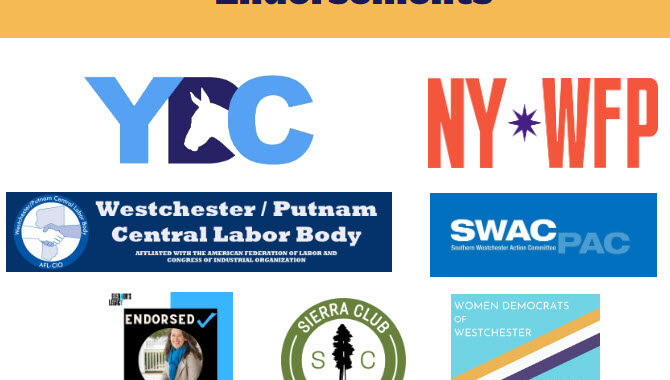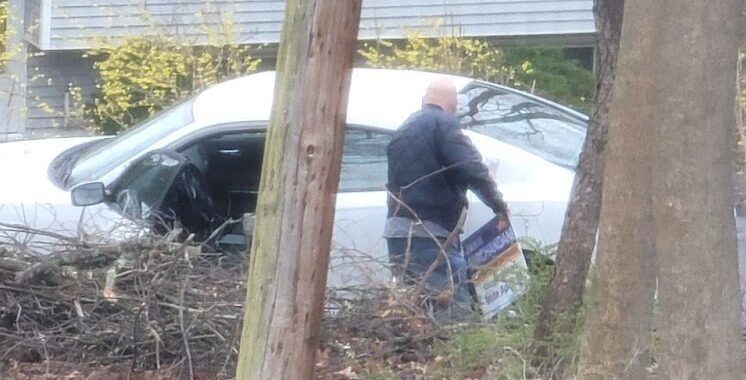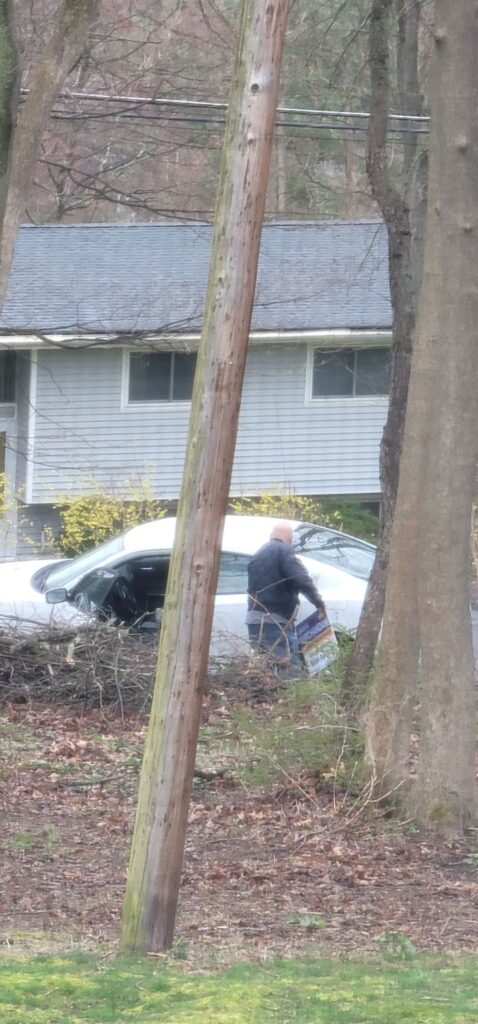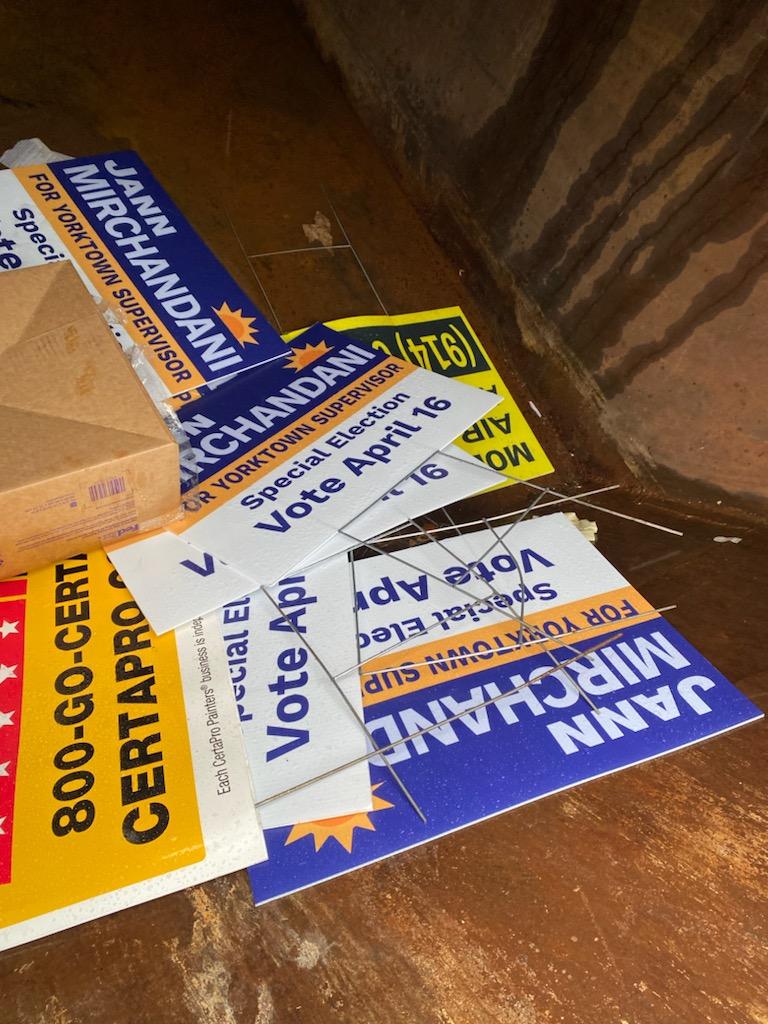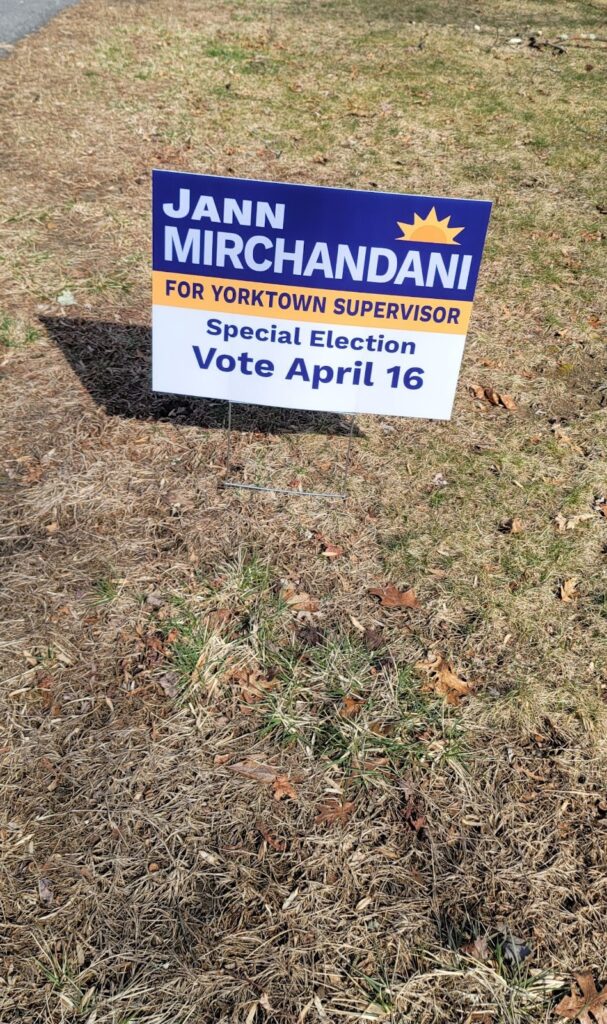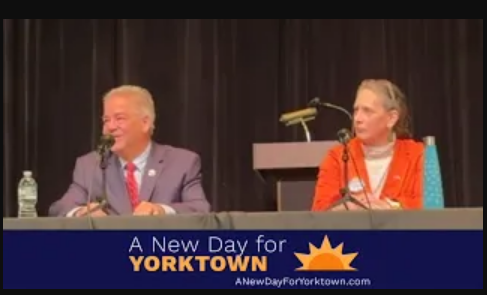FOR IMMEDIATE RELEASE
While most of us are busy focusing on work and family obligations, the municipal budgeting process should not be ignored. Our town budget tells a story and outlines what our priorities are as a community.
It is with that mindset a group of residents dug into the 2024 proposed budget to learn more about the priorities set by the Yorktown Town Board for the coming year. Two themes in particular caught my attention; we have an exceedingly high fund balance with no concrete plans to invest in improvements and the 485-b tax exemptions continue to unnecessarily shift the tax burden to Yorktown homeowners.
Over the past year during the election cycle, there was considerable discussion about investing in our infrastructure. Increased flooding and climate impacts have made this a concern for many. However, these critical projects did not translate into planned projects under the approved 2024 budget.
Residents asked several questions at the recent Town Board budget review meeting that directly or indirectly touched on infrastructure.
- How are we planning for sewer expansion for current and future developments? An environmental issue as much as a convenience or homeowner-specific concern impacting home values, sewers are critical.
- How are we transitioning to clean energy for cost savings and reducing our impact on the environment? The science is clear that action must be taken in all due haste to avoid the worst effects of a warming planet.
- How are we using the Tree Fund money? Yorktown collects the money but has not identified a plan to invest the money to replace removed trees; they will only grow if planted.
There is no clear plan, and a trivial amount of money set aside for such priorities.
A reasonable person may ask, as costs are rising for virtually everything, how will we fund the necessary expansion of our infrastructure without raising taxes?
A town budget is not dissimilar from a household budget. Expenses (roads, sewers, library, trash removal) are typically paid for out of income (taxes, fees). Prudent planning dictates setting aside a reserve of money for unexpected expenses (water main breaks, flooding, ice storm) normally recommended at 15% of budgeted expenses. Most accountants will tell you to be conservative in how you plan; assume your revenue to be on the low end and your expenses on the high end. Money that is budgeted that does not get spent goes into the Fund Balance (savings).
The NYS Comptroller explains that fund balances can be useful in offsetting revenue shortfalls in poor economic times as well as covering unexpected expenditures. They can also stabilize taxes and maintain services without budget cutbacks, and importantly, improve long‐term planning initiatives.
Our recently passed 2024 budget arguably performs the first objective of stabilizing taxes. However, I believe it is not a prudent long-term strategy to pay for operating costs out of savings. Additionally, and perhaps more importantly, it does virtually nothing for the second objective as it relates to transitioning to clean energy or expanding our sewers. So while the appropriated fund balance went up 20% this year these two critical long-term projects remain neglected.
Yorktown has $47.8 million in our Fund Balance funds, well in excess of recommended levels. Of that, $2.2 million is allocated for expenses and $20.7 million is restricted, assigned or non-spendable, leaving $27 million in unassigned fund balance.
There are statutory limitations on how it can be invested so unlike your retirement fund, our fund balance cannot be tied up in high-interest-earning accounts or investments. As a result, Yorktown taxpayers pay a hefty opportunity cost for having millions of dollars sitting idle.
Supervisor Tom Diana and the Town Board made statements at the budget review meeting that they are “looking at” ways to transition to clean energy yet offer no plan. Looking at a problem and investing in finding solutions are not the same. Responsible fiscal management dictates spending down some of the fund balance. Clean energy and sewer expansion are two critical projects that are worthy of such investment.
The infrastructure improvements referenced in last week’s Yorktown News (“Yorktown budget calls for slight tax increase”) – paving and fixing water main breaks – are NOT improvements. They are maintenance projects that should be budgeted for through the town’s revenue streams.
Another opportunity cost comes as a result of how our current 485-b law handles commercial tax exemptions.
Commercial investment in town is good; commercial real estate taxes help offset residential taxes. A strong business economy is a good indicator of a municipality’s overall health. So it would seem a sensible policy to create an environment that welcomes business partners to the community.
To that end, the town passed 485-b Tax Exemptions in 2016. The “Business Improvement Exemption Law,” as it is formally called, is meant to incentivize business investment and provides a partial exemption from property tax on commercial, business or industrial property construction or improvements over 10 years.
The concern raised at the budget meeting is that there are no meaningful restrictions on who receives these exemptions; they are granted “as of right.” Meaning, that if you apply, you get it. This raises the question of whether we are giving away money – would these businesses be improved or built without the incentive of tax abatement – leaving residents to pick up the difference?
An article published on May 18 calculated that the 485-b abatements for six development projects resulted in $2.2MM in lost tax revenue between April 2018 and April 2022. Two of these projects – Lowes and Optum (formerly CareMount) – would have come in anyway.
There was no answer provided at the budget review meeting as to why have we not reevaluated our 485-b policy. Certainly, it is a balancing act. But if the Town Board does not evaluate the cost to residents of such an initiative, it does beg the question, what is their priority; commercial developers or residential taxpayers?
One question that did receive a response was the question of the “rec fees” associated with new development. Residents expressed concern for new developments in Town that were not paying park fees and the issue of maintenance of our park facilities came up several times. The disrepair of several tennis courts and lighting at Granite Knolls were mentioned as projects residents felt needed immediate action. The concern of allowing developers to avoid paying the “rec fee” was raised with Underhill Farms being mentioned specifically.
The Board made clear that fees are collected in lieu of adequate recreation space in the new development or such recreational space is otherwise impractical. Additionally, where this is the case and money is collected, the funds must be used in proximity to the development and cannot be used for the maintenance of existing parks.
In the particular case of Underhill Farms, the project complies with the “recreation” component of a residential plan. The money they are paying is in addition to complying with this requirement and does not fall under the restrictive spending guidelines.
The Board agrees this law should be changed. Reportedly, they are in the process of making changes which would “see something always coming in” from new developments that would not have the same restrictions.
Yorktown residents point to our green spaces as one of our shared priorities. Universally, we agree our green spaces make Yorktown what it is. I believe we can successfully balance the competing needs of diversifying our housing stock with responsibly managing our parks.
It’s clear that our Town Board needs to stop putting off infrastructure projects that we can afford to do now. It’s clear that our Town Board needs to stop passing on the tax bill to residents in favor of corporations. And it’s clear that developers should pay their full share to maintain our decaying parks.
Jann Mirchandani
Yorktown Heights
